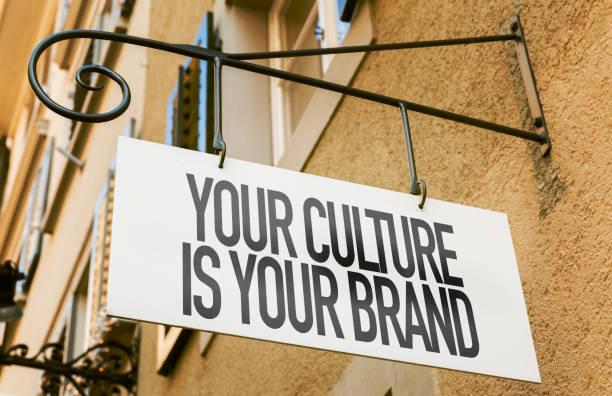What role do traditional dances and music play in African ceremonies and daily life? By Hugo Keji

Traditional dances and music play a central role in African ceremonies and daily life, deeply intertwined with the cultural, spiritual, and social fabric of communities. These art forms are not merely for entertainment; they carry significant meaning and are essential for expressing identity, celebrating life events, and maintaining community bonds.
Here’s a detailed exploration of their roles:
1. Cultural Expression and Identity
- Celebrating Heritage: Traditional dances and music are a vibrant expression of African heritage. Each community or ethnic group has its distinct styles, rhythms, and movements that reflect its history, values, and worldview.
- Preservation of Traditions: Through dance and music, cultural knowledge and traditions are preserved and transmitted from one generation to the next. This helps maintain a strong sense of identity, even in the face of modernization and external influences.
2. Rituals and Ceremonial Functions
- Spiritual Practices: Music and dance are integral to religious and spiritual practices in many African communities. They are used to communicate with ancestors, deities, and spirits, often forming a bridge between the physical and spiritual worlds.
- Life-Cycle Events: Traditional ceremonies marking life-cycle events such as births, initiations, weddings, and funerals are often accompanied by specific dances and music. These rituals are seen as essential for ensuring the proper passage through different stages of life.
- Agricultural and Seasonal Celebrations: Many communities have dances and music associated with agricultural cycles, such as planting and harvest festivals. These celebrations not only mark the changing seasons but also invoke blessings for a good harvest.
3. Social Cohesion and Community Building
- Strengthening Bonds: Group dances and communal music-making bring people together, reinforcing social bonds and a sense of belonging. Participating in these activities fosters unity and collective identity within the community.
- Conflict Resolution: In some African societies, music and dance are used in conflict resolution and peacebuilding processes. Ceremonial dances can help mediate disputes, restore harmony, and promote reconciliation.
- Education and Communication: Traditional music and dance also serve as a means of education and communication. Through songs and movements, important messages, moral lessons, and historical narratives are conveyed to the community.
AfriPrime App link: FREE to download...
https://www.amazon.com/Africircle-AfriPrime/dp/B0D2M3F2JT
4. Healing and Well-being
- Therapeutic Functions: Music and dance have therapeutic roles, often used in healing ceremonies. They are believed to have the power to heal physical ailments, alleviate psychological distress, and restore balance and harmony within individuals and communities.
- Rites of Passage: In rites of passage, such as coming-of-age ceremonies, dance and music are crucial in symbolizing the transition from one life stage to another. They help individuals and the community acknowledge and celebrate these transitions.
5. Entertainment and Daily Life
- Daily Activities: Beyond formal ceremonies, traditional music and dance are woven into the daily lives of many African communities. People sing and dance while working, such as during farming, fishing, or other communal activities, making the work more enjoyable and fostering solidarity.
- Social Gatherings: In social settings, such as gatherings or festivals, music and dance are central to the celebration, providing entertainment and an opportunity for community members to connect, relax, and share joy.
6. Artistic Expression and Innovation
- Creativity and Innovation: African traditional music and dance are highly creative and dynamic, allowing for personal expression and innovation within communal frameworks. Artists and performers often improvise, bringing new elements to traditional forms while respecting cultural roots.
- Cultural Exchange: Music and dance facilitate cultural exchange, both within Africa and globally. They help communities share their culture with others, promoting understanding and appreciation of diverse traditions.
Traditional dances and music in African communities are far more than mere entertainment; they are a vital part of cultural expression, spiritual practice, social cohesion, and daily life. These art forms serve to connect individuals to their heritage, mark significant life events, promote communal harmony, and provide a means for artistic creativity and cultural continuity. Their enduring presence underscores their importance in the cultural landscape of Africa.
AfriPrime App link: FREE to download...
- Questions and Answers
- Opinion
- Motivational and Inspiring Story
- Technology
- Live and Let live
- Focus
- Geopolitics
- Military-Arms/Equipment
- Güvenlik
- Economy
- Beasts of Nations
- Machine Tools-The “Mother Industry”
- Art
- Causes
- Crafts
- Dance
- Drinks
- Film/Movie
- Fitness
- Food
- Oyunlar
- Gardening
- Health
- Home
- Literature
- Music
- Networking
- Other
- Party
- Religion
- Shopping
- Sports
- Theater
- Health and Wellness
- News
- Culture

